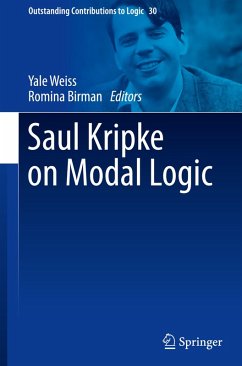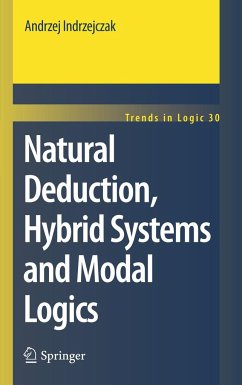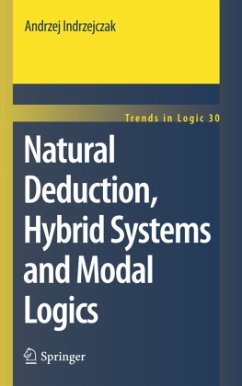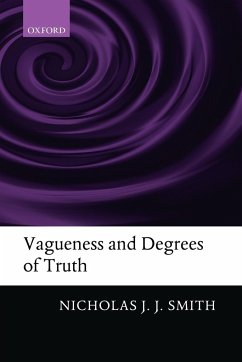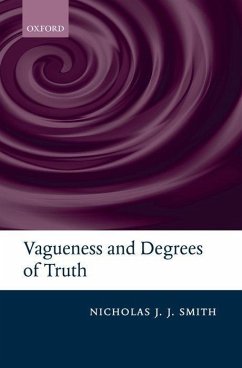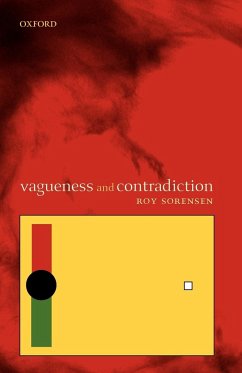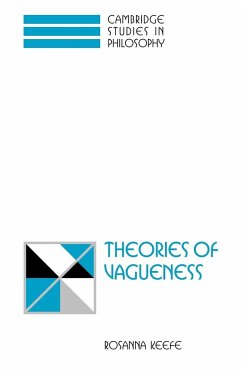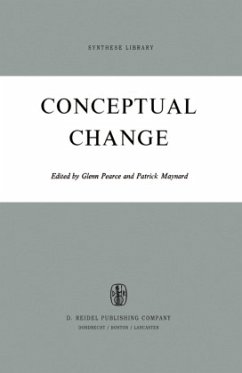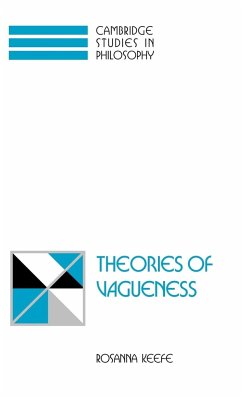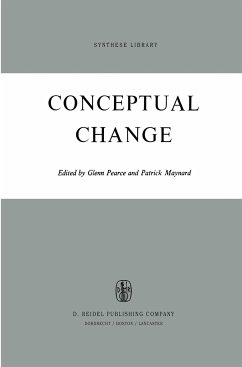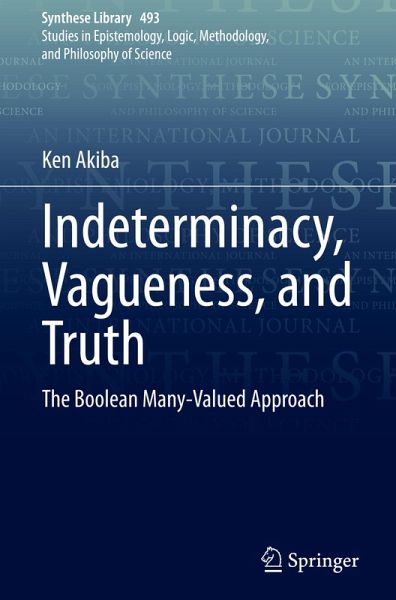
Indeterminacy, Vagueness, and Truth
The Boolean Many-Valued Approach

PAYBACK Punkte
46 °P sammeln!
This book shows that the assumption that classical logic is essentially a bivalent (i.e., 2-valued) logic, a logic of truth and falsity, is an incorrect and harmful conception. Classical logic is certainly a Boolean logic, and the smallest (non-degenerate) Boolean algebra is the 2-element Boolean algebra; however, there are numerous Boolean algebras that have more than 2 elements, such as the 4-, 8-, 16-, ..., infinite-element Boolean algebra, and they all work equally well for the semantics of classical logic. Contrary to the popular thought, there is such a thing as classical (or Boolean) ma...
This book shows that the assumption that classical logic is essentially a bivalent (i.e., 2-valued) logic, a logic of truth and falsity, is an incorrect and harmful conception. Classical logic is certainly a Boolean logic, and the smallest (non-degenerate) Boolean algebra is the 2-element Boolean algebra; however, there are numerous Boolean algebras that have more than 2 elements, such as the 4-, 8-, 16-, ..., infinite-element Boolean algebra, and they all work equally well for the semantics of classical logic. Contrary to the popular thought, there is such a thing as classical (or Boolean) many-valued logic. The book applies this logic to solve such philosophical problems as the Fission Problem for personal identity, the Sorites Paradox, and the Liar Paradox. All these problems concern situations that involve indeterminacy or vagueness, situations where there seems 'no fact of the matter' that makes the relevant sentences true or false, thus requiring truth value gaps between truth and falsity. Because of that, classical logic has been thought to be an inadequate tool to deal with the problems. This book, however, offers solutions to those problems by retaining classical logic but assigning intermediate Boolean values to the relevant sentences. The book is of great value to researchers and graduate students in philosophy, especially for those who are interested in the philosophical issues surrounding indeterminacy, vagueness, and truth.



